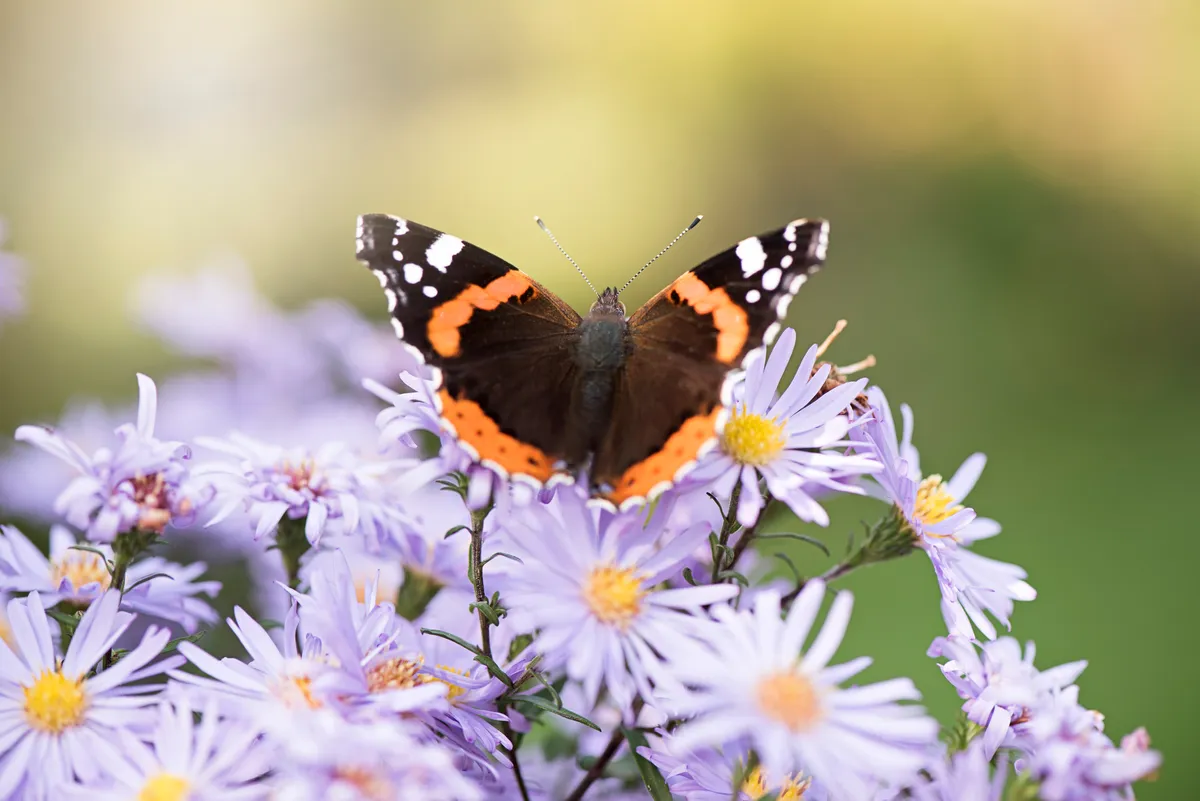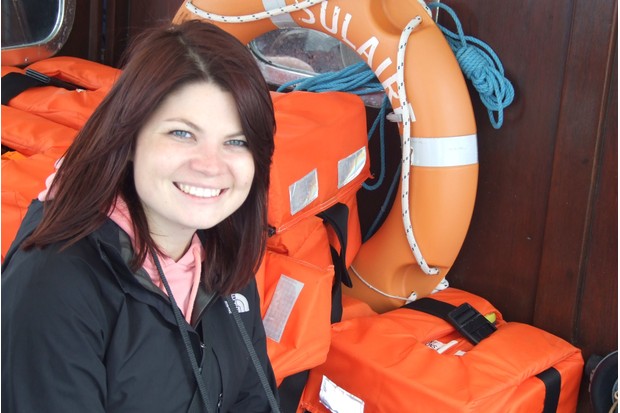There is no denying that the COVID-19 pandemic has dramatically disrupted our lives and brought about huge changes to the way we live. Of the 1,921 UK participants who took part in a BBC Wildlife Magazine questionnaire in September 2020, 58% have spent more time outside in green and natural spaces since government restrictions were introduced, and 82% say they will continue this behaviour.
BBC Wildlife editor Paul McGuinness says: “Our study backs up what many of us suspected – that now more than ever before, it is vital for people to connect with nature, for both our physical and mental wellbeing. The key challenge will be how we maintain or increase this engagement.”
Those who took part in the study are all members of the Insiders Panel, a group of people who have opted to take part in research for publisher Immediate Media Company. Nearly two-thirds agree that wildlife and visiting local green and natural spaces are more important than ever to their wellbeing, with exercise being the top reason for getting outside.
The media has reported that people have found increasing comfort in gardening and growing their own food this year. About 9 in 10 in this study have access to a garden or allotment where they frequently provide food for wild animals, use water butts and watering cans and grow pollinator-friendly species.

The vast majority (92%) worry about the consequences of a decrease in biodiversity in the UK, and 94% agree it is important to look after the environment: key reasons for doing so include protecting animals and plants and safeguarding the planet for children and future generations. Environmental issues that concern participants the most are the decline or extinction of flora and fauna, climate change and plastic pollution.
31% of respondents are prepared to make changes to protect the environment and 58% have already made changes. Since restrictions were introduced, they have reduced the amount they travel by car considerably and decreased the quantity of food they throw away, how much meat they consume, and volume of plastic they use. They have also increased the amount they’re recycling.
Parents have spent months juggling work and childcare – 41% questioned for this research say they have been teaching their children about nature more frequently, too.
Some of the questions and answers from the BBC Wildlife questionnaire:
Which of the following types of green and natural spaces have you visited during the last month?
- Private garden: 72%
- Fields/farmland/countryside: 47%
- Urban green space (such as a park, field or playground): 42%
- Woodland or first: 40%
- River, lake or canal: 34%
- Beach/other coastline/sea: 34%
- Grounds of a historic property of country park: 24%
- Nature/wildlife reserve: 21%
- Hill, mountain or moorland: 19%
- Allotment or community garden: 7%
- Other: 4%
- No visits in the last month: 6%
- Don't know: 0%
- Prefer not to say: 0%
Why did you visit those green and natural spaces over the last month?
- For exercise: 75%
- To clear my head: 41%
- To meet friends: 28%
- Bird/wildlife watching: 24%
- Entertaining children: 17%
- Foraging: 13%
- Other (dog walking and gardening were popular ‘other’ mentions): 27%
- Don't know: 1%
- Prefer not to say: 0%
How often do you do the following in your garden or allotment?
(average number of times per month)
- Provide food for wild animals, such as birds: 13.1
- Use a water butt and watering can to water my garden with rain water: 9.8
- Plant/maintain pollinator-friendly plants: 7.2
- Maintain plants with berries/fruits: 6.8
- Add log piles or other materials that can be used as a home or shelter by wildlife: 2.0
Thinking about life since coronavirus restrictions were introduced, please select how much you agree with the following statements:
- Nature/wildlife is more important than ever to my wellbeing: 65%
- Visiting local green and natural spaces has been even more important to my wellbeing: 64%
- I want to learn more about the British wildlife that I see: 60%
- I want to know how I can help protect local wildlife: 56%
- I am noticing more British wildlife than I did before lockdown: 53%
- I am visiting local green and natural spaces more: 47%
- I am visiting local green and natural spaces more: 39%
- I can identify more wild British species than before lockdown: 26%
- I am participating in organised wildlife activities, such as Big Butterfly Count: 19%
- I am noticing less wildlife than I do usually: 10%
- I find it difficult to observe or interact with nature: 7%
Which three of the following do you feel are the most important reasons to look after the environment? To protect…
- Animals and plants: 79%
- Children and future generations: 69%
- Local landscapes and green and natural spaces: 52%
- All people around the world: 51%
- My health: 26%
- My lifestyle: 7%
- Other: 2%
- Don't know: 1%
- It’s not important to look after the environment: 0%
- Prefer not to say: 0%
Thinking about the environment, which three of the following are you more concerned about?
- Decline or extinction of animal and plant life: 45%
- Climate change: 43%
- Plastic pollution: 42%
- Building on green and natural spaces: 32%
- Pollution of the sea: 27%
- Growing amount of waste: 27%
- Pollutions of rivers, lakes and ground water: 21%
- Air pollution: 17%
- Agricultural pollution (use of pesticides, fertilisers, soil degradation): 15%
- Frequent droughts or floods: 11%
- Shortage of drinking water: 6%
- Noise pollution: 4%
- Other: 3%
- Don't know: 0%
- I'm not concerned about the environment: 0%
- Prefer not to say: 0%
Are you prepared to make changes to your lifestyle to protect the environment?
- Yes, I already have: 58%
- Yes, I would be prepared to: 31%
- No: 3%
- Don't know: 7%
- Prefer not to say: 0%
Why wouldn’t you be prepared to make changes to your lifestyle to protect the environment?
- I already do as much as I can: 50%
- I like my lifestyle and do not want to change it: 39%
- It’s too expensive to change habits: 14%
- There’s no point in making changes: 14%
- There’s nothing wrong with the environment: 9%
- It is too difficult/I do not know how: 2%
- Other: 5%
- Don't know: 5%
- Prefer not to say: 5%
Thinking about the last month, which of the following actions, if any, have you done?
- Recycled items: 92%
- Brought my own bags when shopping: 92%
- Switched off lights and appliances to save energy/to protect the environment: 77%
- Bought produce that is grown locally or in season: 66%
- Composted food waste, or put food waste out for collection: 65%
- Watching wildlife/nature programmes: 56%
- Bought second-hand items: 38%
- Bought products with an environmental label: 32%
- Taken shorter showers to save water or energy: 32%
- None of the above: 1%
- Prefer not to say: 0%
Main image: Family out walking in the park. © Frank and Helena/Getty
